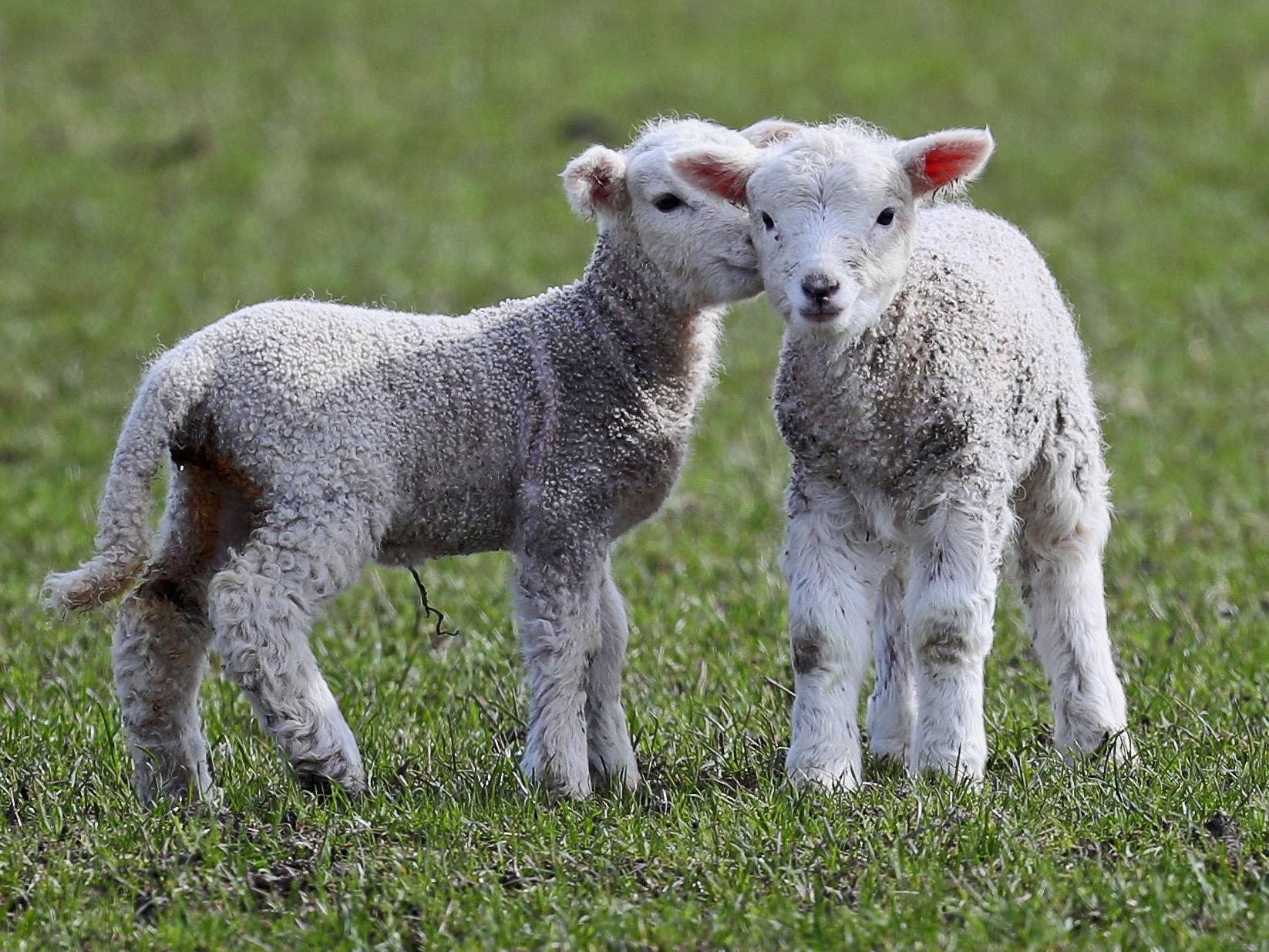Was this a Brexiteer’s Britain that lay before me?
Pastoral visions have been captured by political forces. In the latest in his series of reflections on place and pathway, Will Gore says it is time to reclaim them for all


What is a Brexiteer’s view of Britain?
Not their opinion. Rather, what physical vision does a Brexiteer conjure when they consider the nation?
Maybe the white cliffs of Dover. Or what about the rolling Chilterns? Perhaps it is the winding lanes of the Peak District, or the northern lakes – sun sparkling on water. Castles? Stately homes?
Pick a railway poster by Frank Henry Mason from the 1930s and you might just have it.
Brexit, after all, is predicated in part on a perception that the past was a better place than the present – and can, in spirit at least, provide a model for an improved future.
Near Rye a couple of years ago I glimpsed a vision that Nigel Farage might have favoured.
It was the Easter holidays and the south of England was in the grip of a mini-heatwave of the sort that catches you off-guard in April.
Staying in red-brick farmhouse for a family celebration, we had watched lambs skipping in the next-door meadow, and geese bowling round the farmyard in a gang.
When the children had finished their tea, I walked east, through fields of lush pasture lined by high hedges where sparrows and goldfinches twittered merrily.
The farm was on a hill, but to my right, as I turned north, the ridge fell away. Below was the river Rother and, joining it, the Royal Military Canal, built in 1805 when Britain feared invasion by Napoleon’s forces.
Beyond the canal lay the flat expanse of Romney Marsh, criss-crossed with dykes and drainage ditches. In the early mornings, mist hung low over this eerie expanse of lush green land, but by now the marsh was clear and I could see distant church towers.
One of them I knew was St Thomas a Becket at Fairfield, the only building still standing in what was once a thriving village. Across the marsh there are 14 churches still open, while another 10 have disappeared, fallen into disrepair or used for other purposes.
It is an extraordinary reminder of the huge role the church has played in this country. When you hear people like Farage talk about Brexit as being part of a defence of the west’s Christian culture, is this what they mean?
So here I was, casting my eyes on a Brexiteer’s idealised Britain. Yet it was a view of my Britain too, of the country I picture when I think of what it means to me.
My idea of it is no less pastoral, no less romantic than those who proclaim they are standing up for British sovereignty, British values – and who would have me, a Remainer, painted as a traitor for thinking all this can stand side by side with membership of the European Union.
My vision would be dominated by gentle hills and blue skies, churches and cricket greens, warm beer and oak trees. And yet that image has (not for the first time) been captured by political forces for their own ends: indicative of a point of difference, not of unity.
It may not be a Britain that is any more or less real than the many others that exist in our collective minds’ eye. But our love of them can be real – irrespective of whether we would site them inside the EU or not.
Join our commenting forum
Join thought-provoking conversations, follow other Independent readers and see their replies
Comments